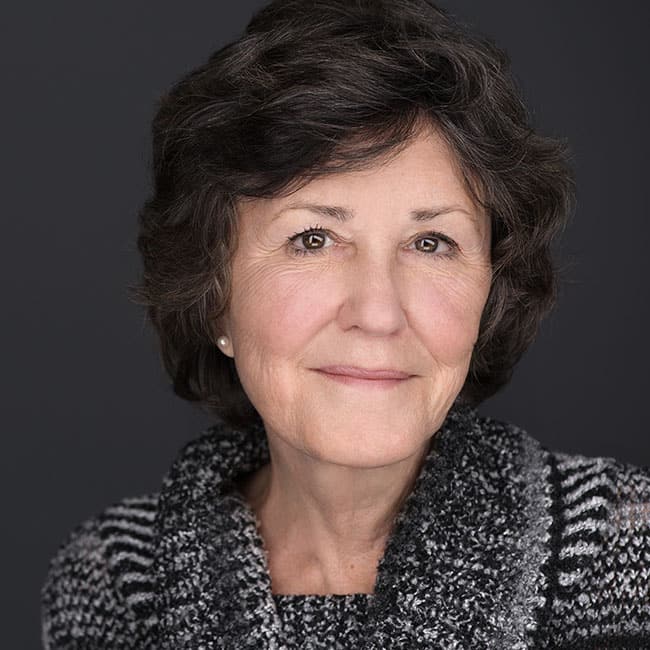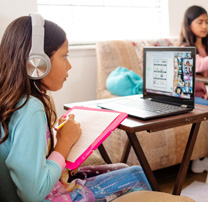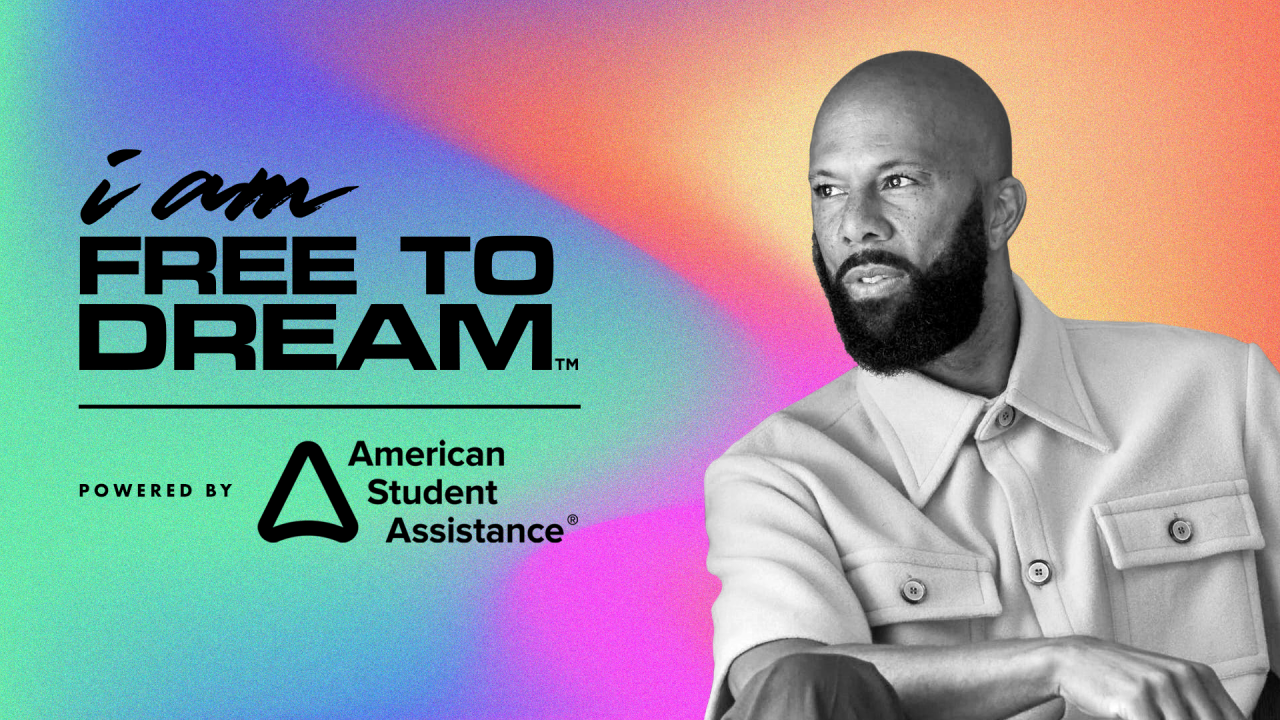Whether you call it staff development, training, in-service, professional learning or PD, the intent is the same — to increase educator effectiveness and improve learning outcomes. To achieve a goal of ensuring that every child has career-connected experiences and sustainable economic mobility, we must prepare our educators.
During the recent 2022 SXSW EDU Conference, ASA moderated a panel discussion on the topic of how an ecosystem can help educators enhance their competency to develop career-focused and project-based learning experiences for their students.
Panelists included Adrienne Porter, Director of Educator Development, Citizen Schools, a pioneer in educational equity; J.D. LaRock CEO, Network for Teaching Entrepreneurship (NFTE), a global nonprofit organization that provides high-quality entrepreneurship education to middle and high school students from under-resourced communities; and Stephanie Simpson CEO, Association for Middle Level Educators (AMLE), the world’s largest organization dedicated to the specific age group 10 to 15 year-olds.
Below are the key takeaways from this recent discussion.
Career exploration playbook resource for educators: AMLE saw a great opportunity to partner with American Student Assistance (ASA) to create a free career exploration playbook. The first of its kind specifically for middle schools, the digital playbook and its accompanying online resource center outline evidence-based best practices for successfully implementing career exploration with students aged 10-15. The playbook provides a beginning framework for a variety of career exploration programs, complete with implementation guides and case studies from schools around the United States.
Sharing career education best practices key to scaling access: “In terms of scale, one of the things that NFTE does is to try to intentionally stitch the educators we work with across the nation and around the world increasingly together, so that they can learn from each other,” said J.D. In this way, educators can bolster each other, share best practices about what’s working well in their classrooms, keep content relevant, and support each other. NFTE empowers teachers as master educators, which leads teachers to have special roles beyond what they do in the classroom.
Engaging corporate and community volunteers to improve career education: Even though the inability to travel during the pandemic made it very challenging, NFTE was able to more than triple the number of virtual corporate and community volunteers who are supporting their teachers and learners in the way that the organization’s model requires. This proved to be enormously powerful, and the organization was able to do this across districts and jurisdictions for the first time ever, combining learners from different states to hear from the same executive at a corporation, about how that professional embarked on their entrepreneurial journey. “So, for all of the devastation and hardship that the pandemic has wrought, it really has pushed us in some ways to embrace the deployment of virtual means to bolster learning in the classroom,” said J.D.
It’s also essential that career professionals visit the classroom a number of times within the school year, in order to allow enough time for students to fully understand the career trajectory. For instance, in the case of an entrepreneur, this would include walking the students through the process of putting together a business plan and launching a company.
In terms of other creative examples of schools partnering with industry professionals, AMLE shared some examples from its recent career exploration challenge that’s associated with its free career exploration playbook for educators. One school is partnering with the National Park Service, as they’re near a national park. They’re working on a program where they’re educating kids about what it’s like to work in conservation, in order to provide exposure to the local industry. Another school is doing a school-wide enterprise, so every single student has the opportunity to participate in their school like a business. In this scenario, students can pick different tracks that they’re interested in, such as marketing or sales, and get an understanding of aspects of running a business. “So, we’re really excited to see how schools are using this playbook,” said Stephanie.
NFTE also noted another lesson learned during the pandemic: utilizing technology helps to increase students’ level of engagement with career learning content, by meeting them where they are, on their preferred platforms such as TikTok and Instagram.
Effective measures to address burnout and attrition: “Burnout is real. Our teachers are really going through the wringer,” said Adrian. However, it’s important to encourage a growth mindset that they are acknowledging the stress and also navigating through it. Citizen Schools has program managers who provide hands-on teacher coaching through weekly meetings and brainstorming ideas on how project-based learning projects can be manifested in their classroom. In fact, there was an 11% increase in teacher growth mindset and teacher advocacy at Citizen Schools in 2020, which was a very difficult year due to the pandemic. Having effective support systems in place for educators help them to persevere throughout the day-to-day.
In terms of attrition, we also need to ensure that teachers are being paid well, because no amount of professional development is going to keep someone in a job where they can’t make a living wage. We must also ensure that the Gen Z educator workforce has flexibility to learn and grow and to try new things in the classroom. That’s where it’s helpful to encourage teachers and provide resources that help them to incorporate career exploration into the curriculum.
There is also a need for greater collaboration between teacher preparation programs at colleges and universities – both undergraduate and graduate – and school districts in terms of ensuring that incoming teachers are prepared to succeed in the classroom. School districts can help universities to modernize aspects such as lesson plan development, as they know what’s working well for students. Also, some school districts are creating pipelines for paraprofessionals who have been really successful in their schools, and providing assistance to help them become teachers.
Thanks for reading. I hope you found this helpful.





